Circassians in Sochi
Categories: Nations
By Pictolic https://pictolic.com/article/circassians-in-sochi.htmlReuters photographer Thomas Peter spent some time in Sochi's Caucasian community as the city prepared for the 2014 Winter Olympics.
Adyghes or Circassians are the indigenous people of the North Caucasus, most of which spread throughout the world after the military campaign of the Russian Empire in the Caucasus (1760−1864), after which the number of indigenous Caucasian peoples declined sharply. Many Circassians consider these murders a genocide and have already protested against the Sochi Olympics, which will be held on the same valleys and mountain slopes where the remains of the ancestors of this people lie. On the eve of the Olympic Games, a delegation of Circassians from Saudi Arabia, Jordan, Syria, Turkey, Israel, Canada, Germany and the United States arrived in the North Caucasus to visit the homeland of their ancestors.
(Total 23 photos)
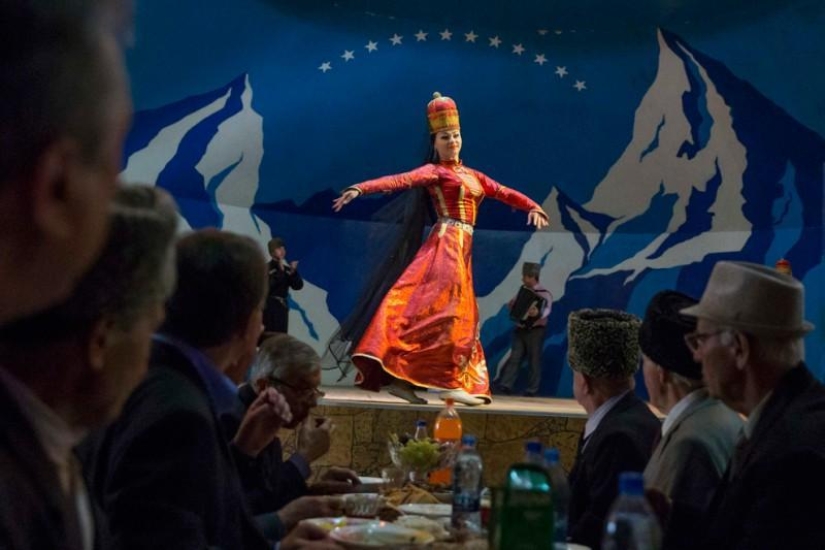
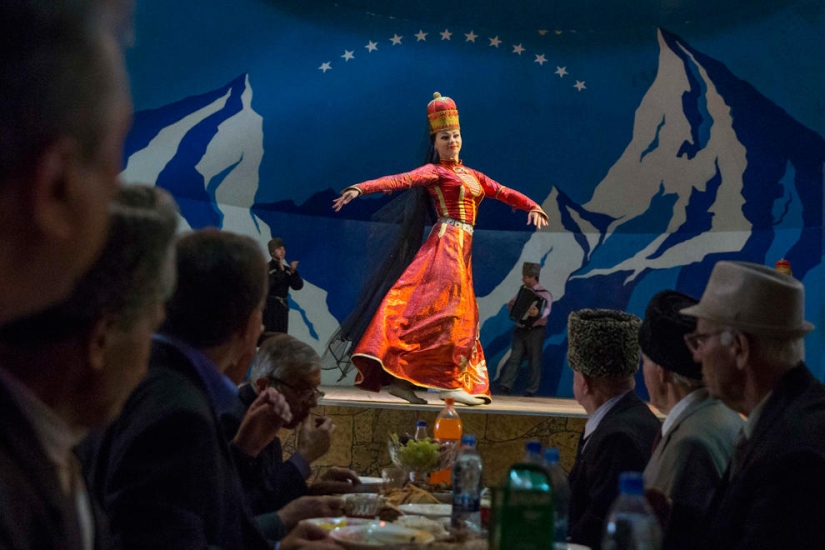
1. The Caucasian diaspora watches the performance of a dancer in the cultural center in Bolshoi Kichmai, Lazarevsky district of Sochi, on October 15, 2013. (Thomas Peter)
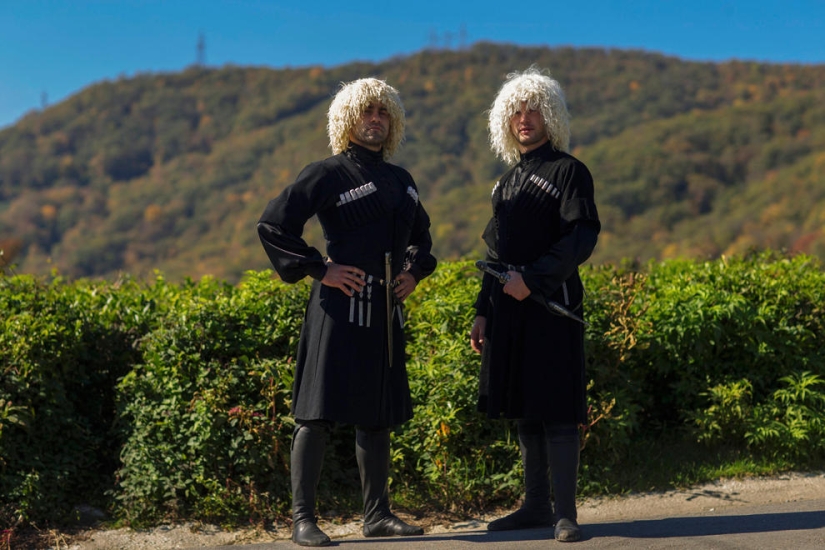
2. Circassians in traditional costumes in the tea field during the visit of the delegation of Caucasians in Golovinka. (Thomas Peter)
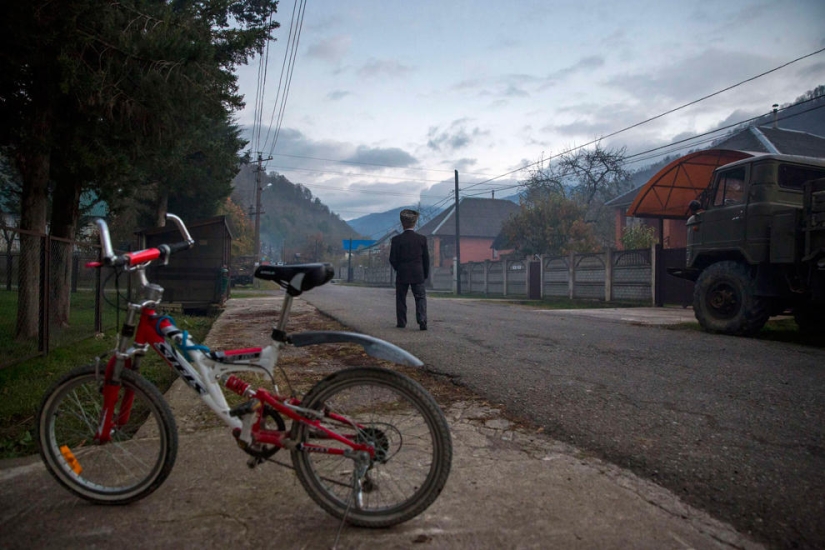
3. Resident of the village, former Soviet war correspondent Madin Chachukh on the main road of the village of Tkhagapsh in the Lazarevsky district of Sochi. “Like any small nation today, our biggest threat is the loss of our language and our own culture. We are few, too few. We would like the government to help us preserve our language. His loss will be a tragedy. I am afraid that this will happen, but at least this process can be slowed down, ”says Chachukh. Tkhagapsh is one of the few remaining settlements in Sochi, where only Adygs live. (Thomas Peter)
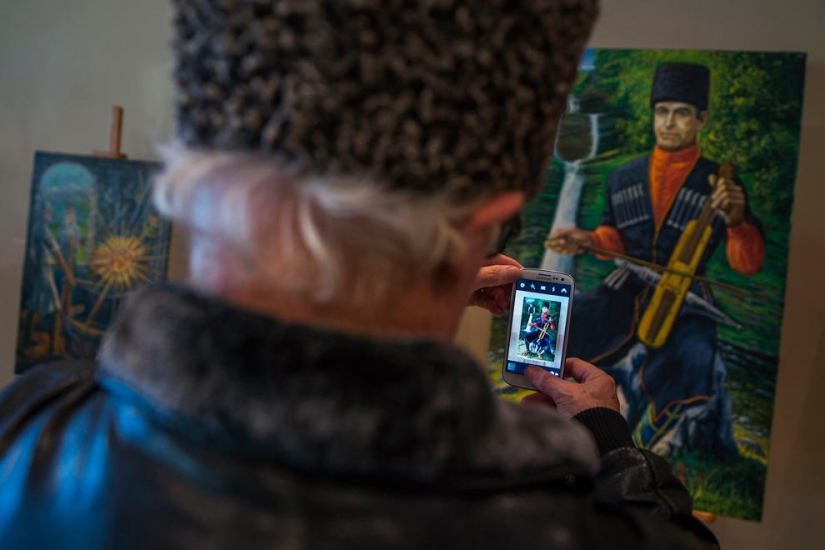
4. Caucasian photographs a painting in a local museum. (Thomas Peter)
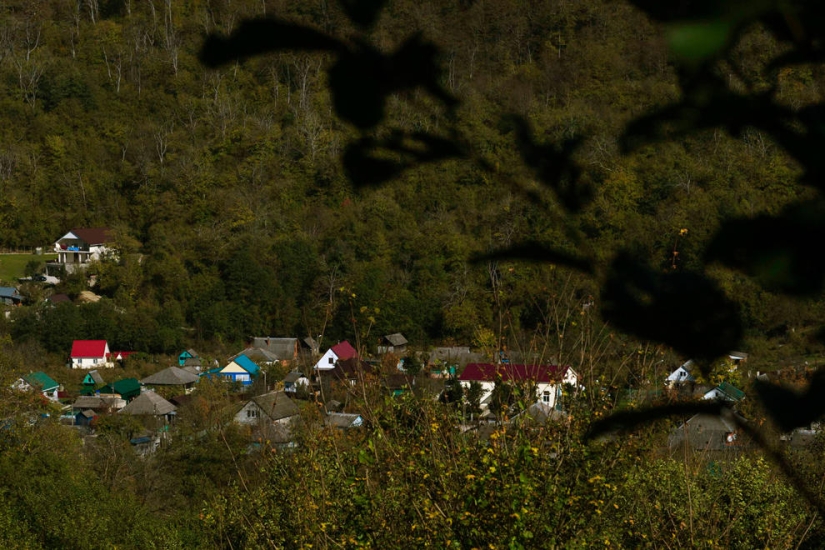
5. Aul Tkhagapsh in the Lazarevsky district of Sochi. (Thomas Peter)
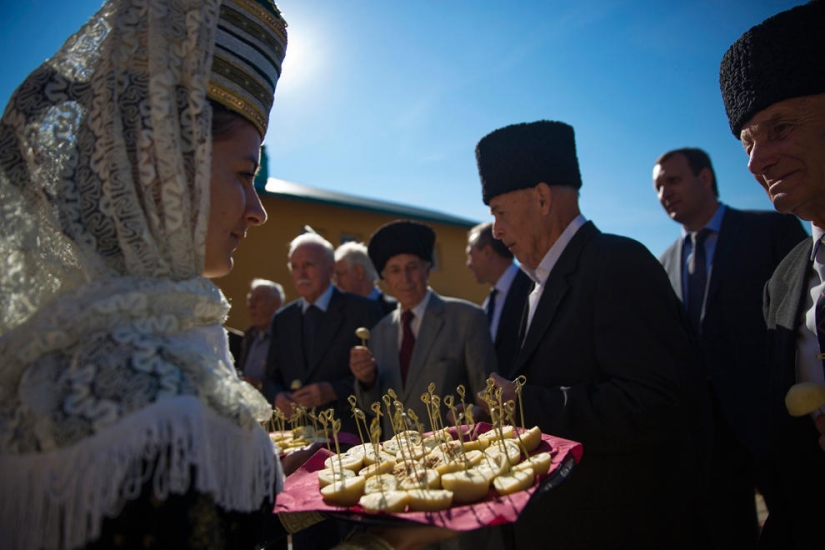
6. A woman in traditional dress welcomes the delegation of the Caucasian diaspora during the delegation's visit to the school in the village of Bolshoi Kichmai. (Thomas Peter)
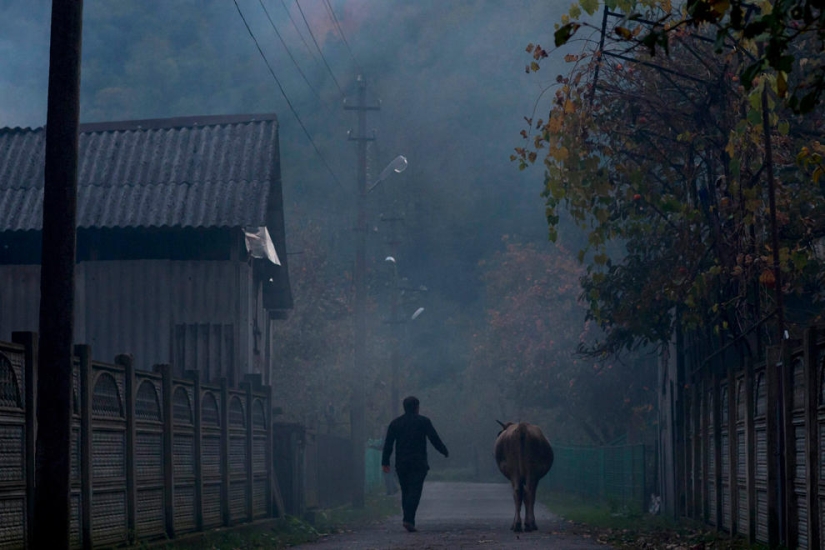
7. A resident of the village of Tkhagapsh leads a cow along the road. (Thomas Peter)
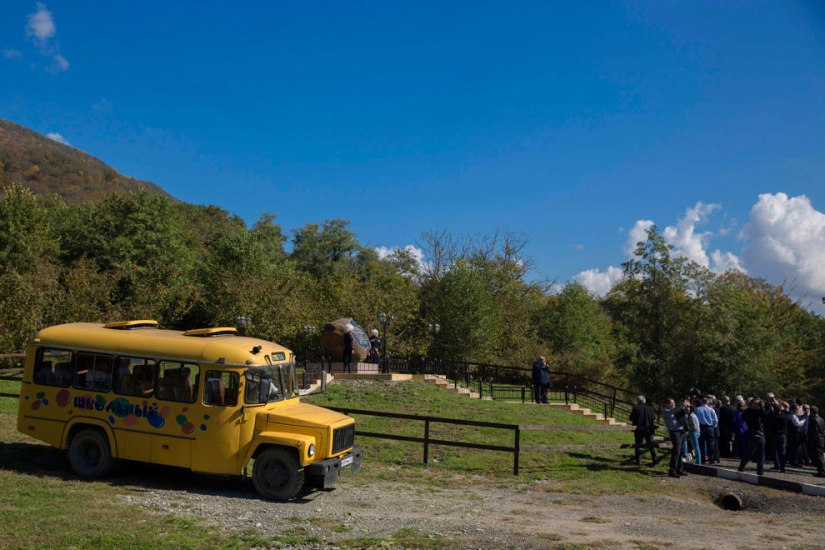
8. In Bolshoi Kichmai, the Caucasian delegation visited a memorial stone erected in memory of a settlement destroyed during the Caucasian War. (Thomas Peter)
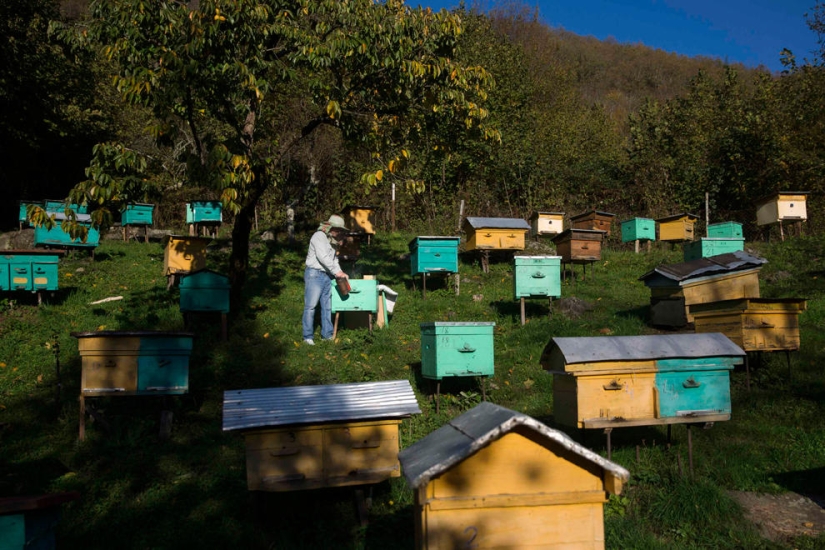
9. A resident of the village Tkhagapsh Muzarbek Teshu in his apiary. Teshu inherited the beekeeping business from his father and also produces his own wine. Historically, the production of honey was one of the important crafts of the Circassians. Teshu says Tkhagapsh is one of the few remaining settlements in Sochi where only Caucasians live. (Thomas Peter)
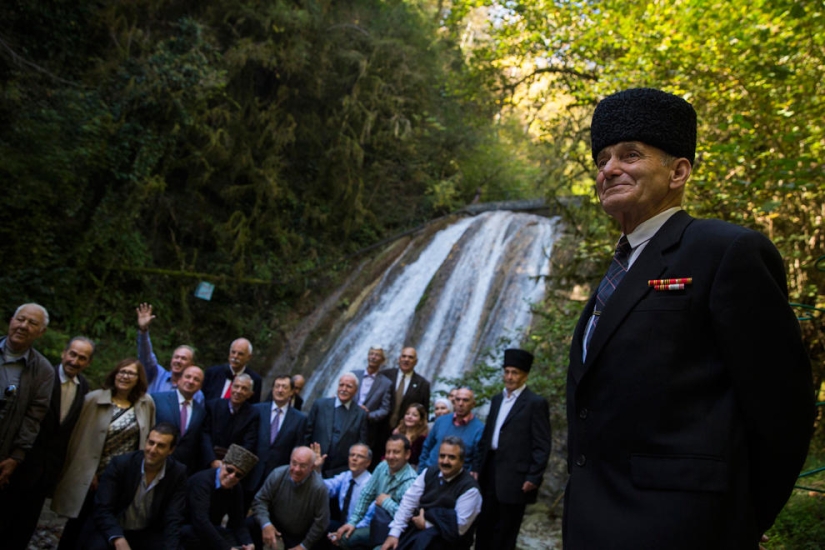
10. A delegation of Caucasians is photographed at a waterfall in Bolshoi Kichmai. (Thomas Peter)
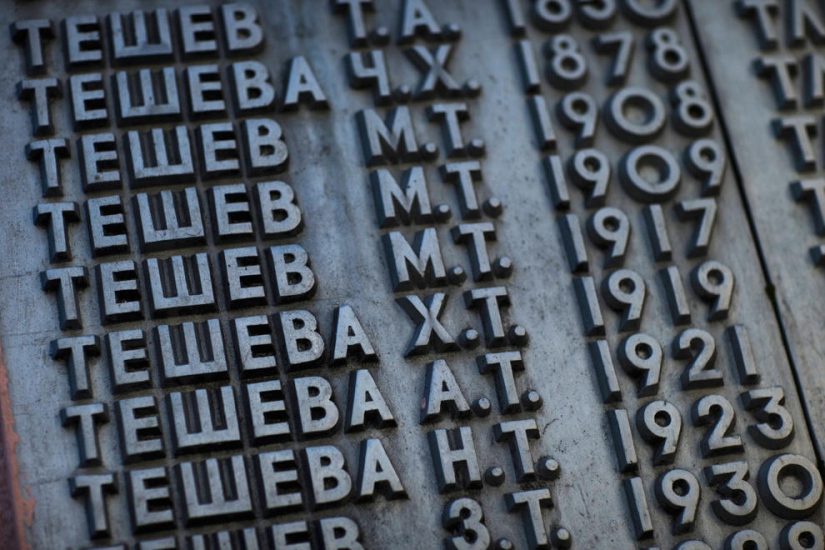
11. Memorial tile with the names of members of the Teshu family who died in the Stalin era. (Thomas Peter)
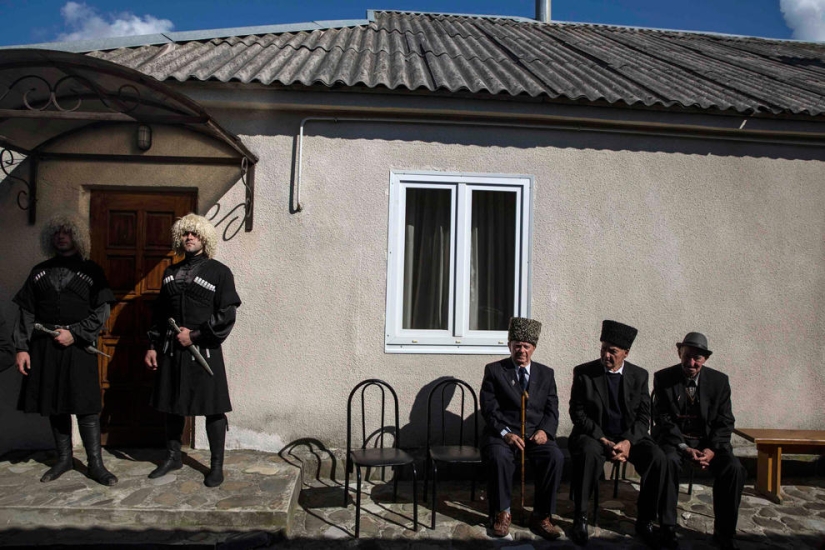
12. Local Caucasians in traditional dress watching the welcoming ceremony of the delegation in the village of Golovinka. (Thomas Peter)
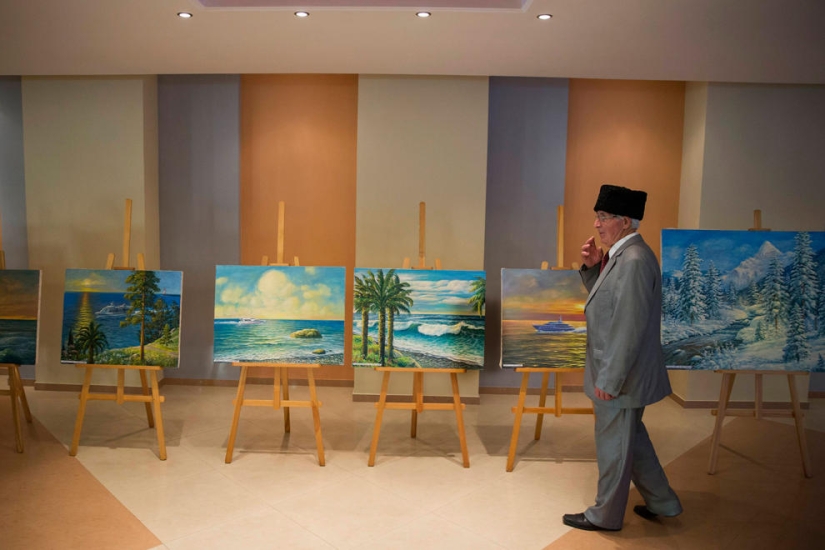
13. Caucasian admiring local works of art. (Thomas Peter)
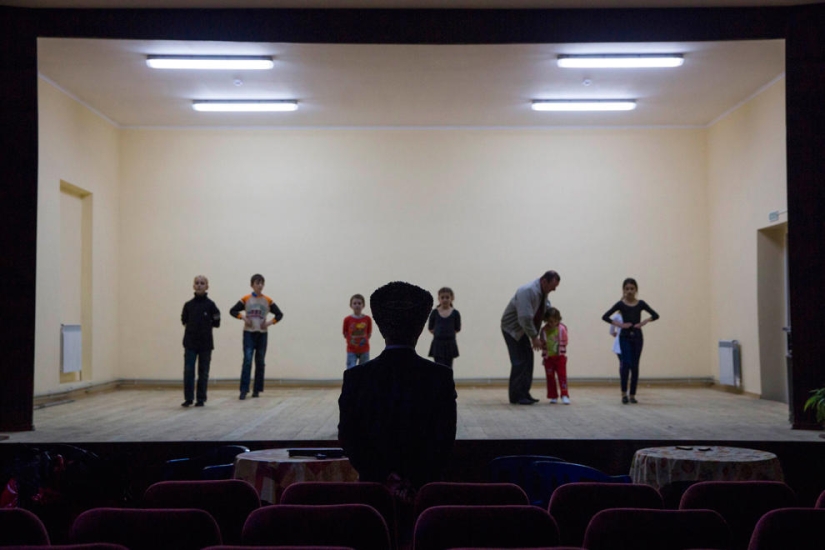
14. Madin Chachukh at a rehearsal of a local children's folk dance group in the village of Tkhagapsh. (Thomas Peter)
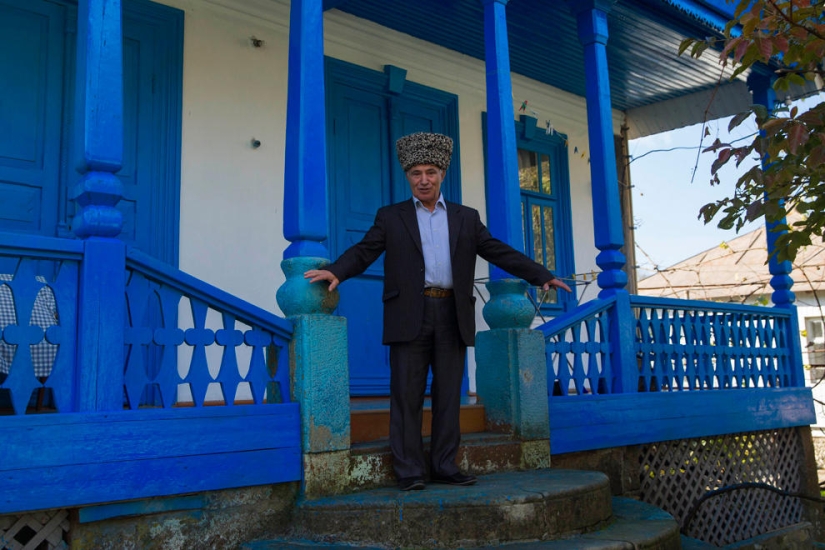
15. Madin Chachukh on the porch of his house in the village of Tkhagapsh. (Thomas Peter)
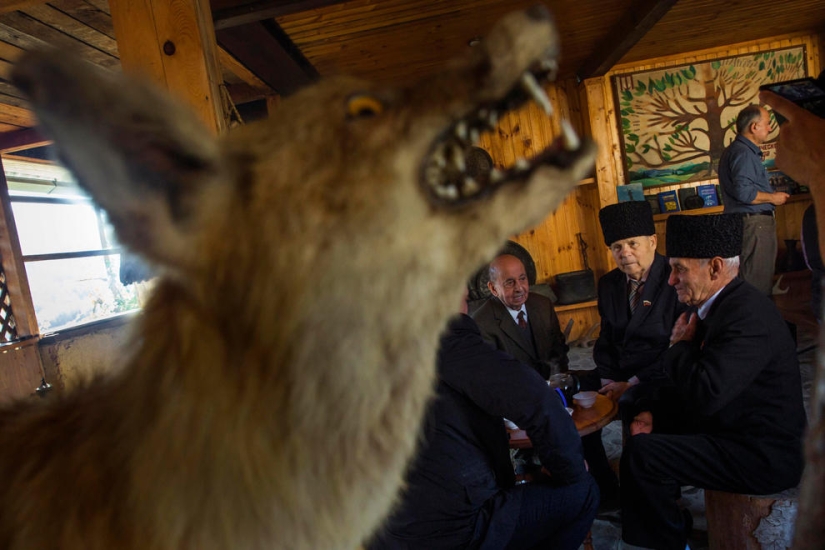
16. Caucasians in a guest house in Golovinka. (Thomas Peter)
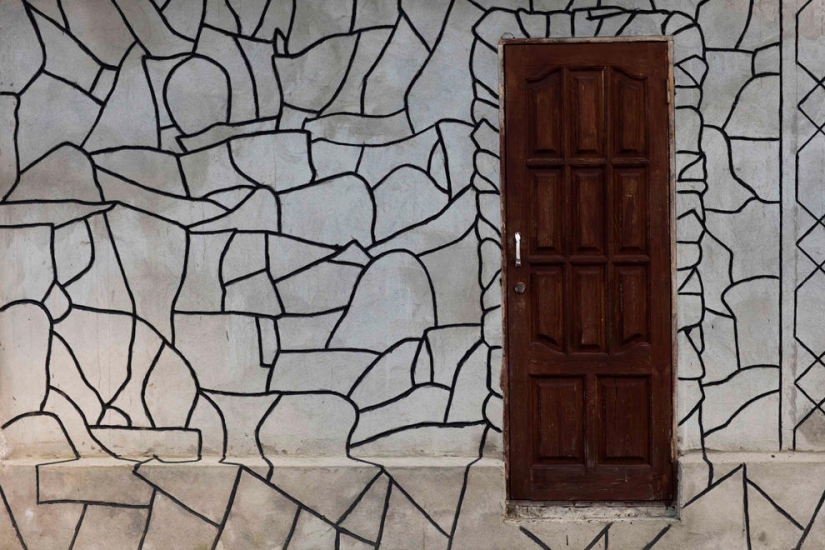
17. Painted wall of a guest house in the village of Tkhagapsh, Lazarevsky district of Sochi. (Thomas Peter)
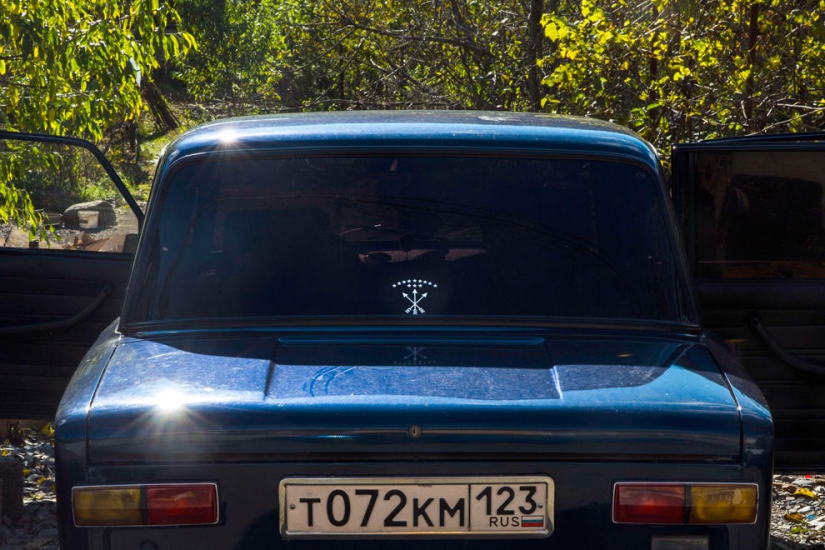
18. Lada with a Caucasian symbol on the rear window. (Thomas Peter)
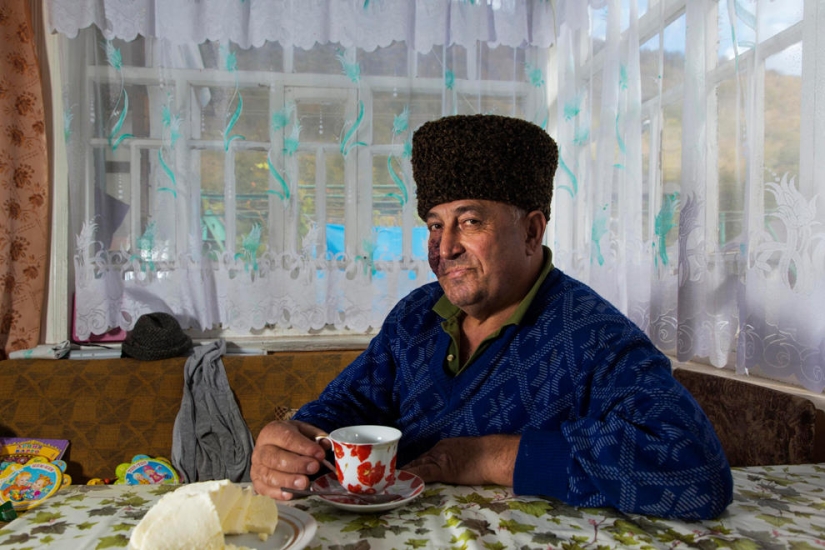
19. Resident of the village Tkhagapsh Ais Tlif in the kitchen of his house. “The clan of my ancestors settled on this plain in the mountains in 1872, along with other Caucasian families,” says Tlif. (Thomas Peter)
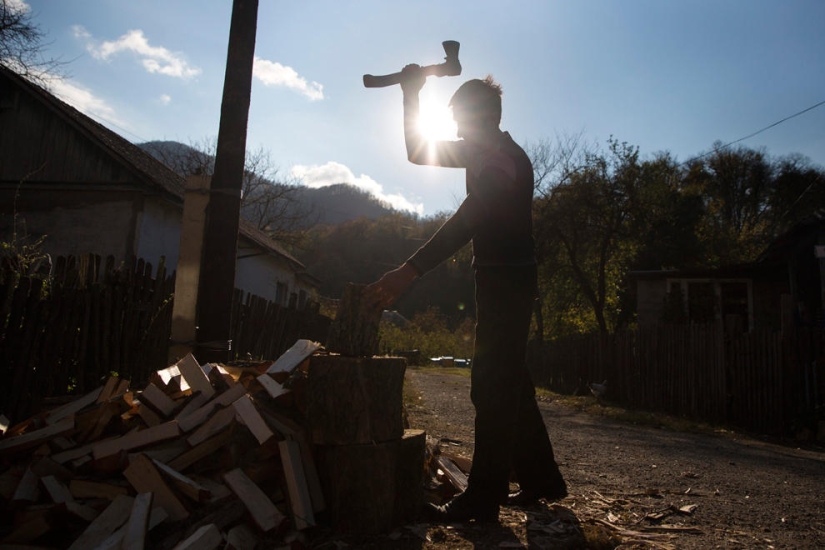
20. A villager chops wood in Tkhagapsha. (Thomas Peter)
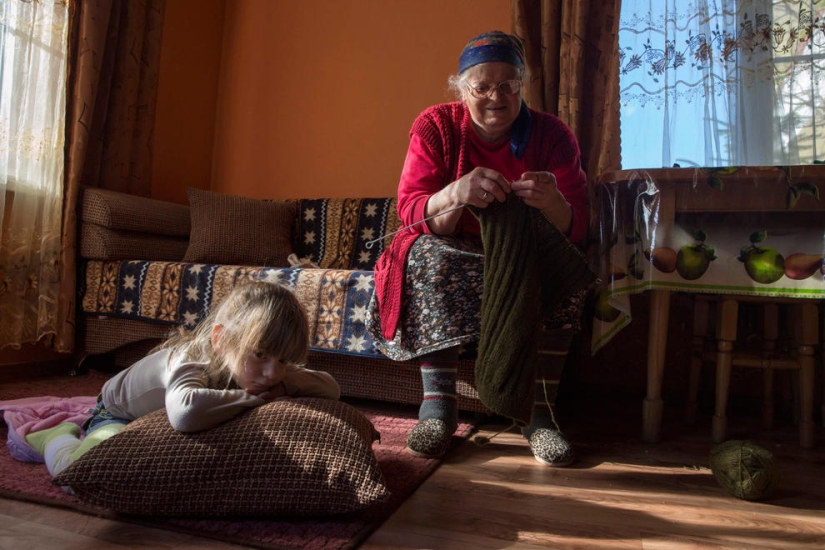
21. 82-year-old Ashirkhan Chachukh and her great-great-granddaughter 4-year-old Saira in the living room of their house in the village of Tkhagapsh. “The Olympic Games are far away, I don’t care about them. The only thing I want is for them to pass peacefully and calmly. If only there was no war, God forbid! Then everything will be fine,” says Chachukh. (Thomas Peter)
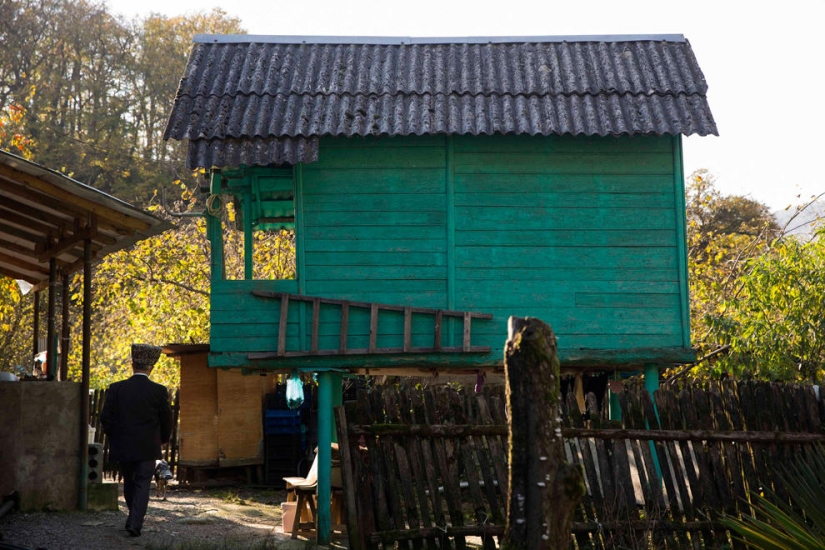
22. Madin Chachukh walks past a traditional barn in the village of Tkhagapsh. (Thomas Peter)
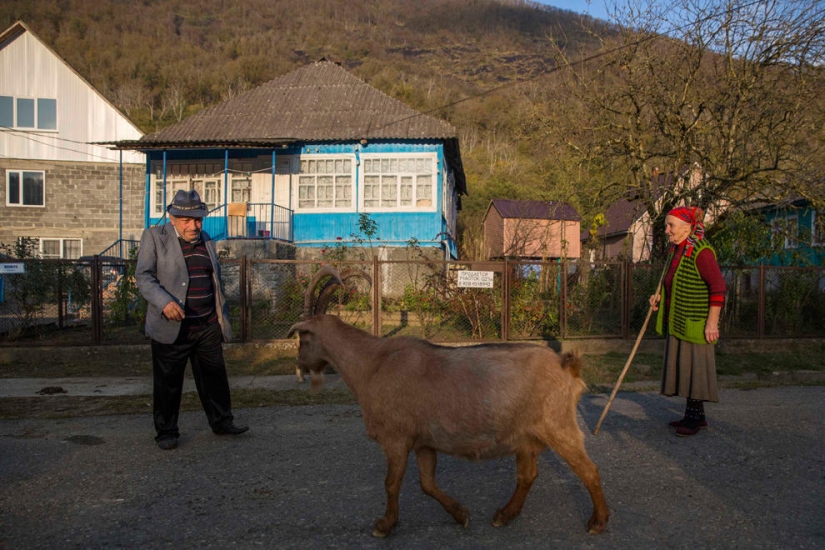
23. Peasants Indris (left) and Zoya Chachukh are the last two residents of the village of Tkhagapsh who still keep cattle. (Thomas Peter)
Recent articles

It's high time to admit that this whole hipster idea has gone too far. The concept has become so popular that even restaurants have ...

There is a perception that people only use 10% of their brain potential. But the heroes of our review, apparently, found a way to ...
Related articles

There are many mysterious places covered with legends on the world map. There are also truly mystical ones among them, where a ...

Photo artist from Krasnodar Sergey Leksin is inspired by two themes-beautiful girls and untouched nature. Works in which the ...

There are 218 days left before the Winter Olympic Games in Sochi, and the production of Olympic medals at the Adamas jewelry ...

New Year's is a time to surprise and delight loved ones not only with gifts but also with a unique presentation of the holiday ...